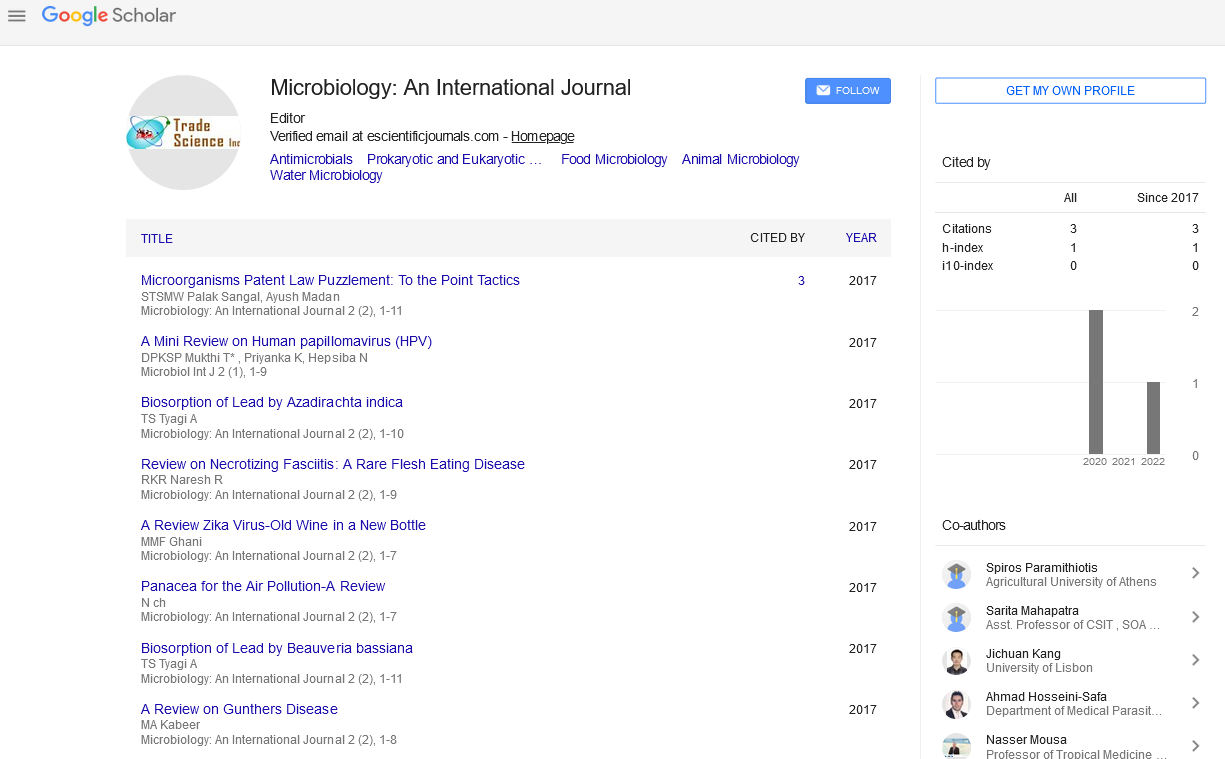All submissions of the EM system will be redirected to Online Manuscript Submission System. Authors are requested to submit articles directly to Online Manuscript Submission System of respective journal.
Febrile Urinary Tract Infection Review Articles
Febrile urinary tract infection (UTI) is one of the most common bacterial illnesses in children. As febrile UTI may lead to acute renal parenchymal damage, possible permanent renal scarring, decreased renal function and end stage renal disease, early diagnosis and treatment are important. The majority (over 70-80%) of febrile UTI during childhood is known to occur in the first year of life with a male predominance. Infants are more likely to have febrile UTI than elderly due to immune system immaturity, high incidence of systemic infections, and anatomical anomalies of urinary tract . One of the reasons of male predominance in infants is high incidence of urinary tract anomalies such as vesicoureteral reflux (VUR) . Children with UTI present various symptoms and signs depending on age. Generally, infants under 1 year of age have non-specific symptoms such as fever, vomiting, lethargy, poor oral in take, and diarrhea. Contrastively, children older than 5 years are known to have specific and localized symptoms and signs associated with UTI such as tenderness on cost overtebral angle, urinary frequency, dysuria, and urinary urgency, as well as fever. As the prevalence of UTI in infants under 1 year of age is high, but they usually present non-specific clinical symptoms, most of pediatricians preferentially perform urinalysis to rule out UTI in infants with fever . Additionally, for this reason, there have been various reports on the clinical symptoms and early diagnosis of UTI in infants under 1 year of age .However, in the cases of older children, sometimes, the first episode of febrile UTI is difficult to diagnose. Especially, if they present gas trointestinal symptoms such as abdominal pain or vomiting with fever, many physicians tend to underestimate the possibility of febrile UTI in comparison to the cases of infants. As a result, performing urinalysis may be delayed. Review articles in academic journals analyze or discuss research previously published by others, rather than reporting new experimental results. An expert's opinion is valuable, but an expert's assessment of the literature can be more valuable. When reading individual articles, readers could miss features that are apparent to an expert clinician-researcher. Readers benefit from the expert's explanation and assessment of the validity and applicability of individual studies.High Impact List of Articles
-
Tuberculosis: Notifiable Disease in India
Manisa Dash -
Tuberculosis: Notifiable Disease in India
Manisa Dash -
Cloning and Biological Analysis of Apx IVA Gene of Porcine Actinobacillus pleuropneumoniae
Liu P, Gao X, Guo X, Wang T, Yang F, and Hu GOriginal Article: Microbiology: An International Journal
-
Cloning and Biological Analysis of Apx IVA Gene of Porcine Actinobacillus pleuropneumoniae
Liu P, Gao X, Guo X, Wang T, Yang F, and Hu GOriginal Article: Microbiology: An International Journal
-
A Review on Bioremediation
Ajlan A -
A Review on Bioremediation
Ajlan A -
Biofilms: A Policy of Microbes to Strengthen their Viability
Kulkarni M -
Biofilms: A Policy of Microbes to Strengthen their Viability
Kulkarni M

